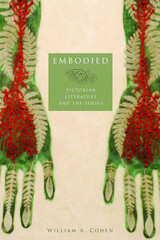
Making sense of the body in Victorian literature
What does it mean to be human? British writers in the Victorian period found a surprising answer to this question. What is human, they discovered, is nothing more or less than the human body itself. In literature of the period, as well as in scientific writing and journalism, the notion of an interior human essence came to be identified with the material existence of the body. The organs of sensory perception were understood as crucial routes of exchange between the interior and the external worlds.
Anatomizing Victorian ideas of the human, William A. Cohen considers the meaning of sensory encounters in works by writers including Charles Dickens, Charlotte Brontë, Anthony Trollope, Thomas Hardy, and Gerard Manley Hopkins. Rather than regarding the bodily exterior as the primary location in which identity categories—such as gender, sexuality, race, and disability—are expressed, he focuses on the interior experience of sensation, whereby these politics come to be felt. In these elegant engagements with literary works, cultural history, and critical theory, Cohen advances a phenomenological approach to embodiment, proposing that we encounter the world not through our minds or souls but through our senses.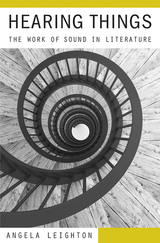
Hearing Things is a meditation on sound’s work in literature. Drawing on critical works and the commentaries of many poets and novelists who have paid close attention to the role of the ear in writing and reading, Angela Leighton offers a reconsideration of literature itself as an exercise in hearing.
An established critic and poet, Leighton explains how we listen to the printed word, while showing how writers use the expressivity of sound on the silent page. Although her focus is largely on poets—Alfred Tennyson, W. B. Yeats, Robert Frost, Walter de la Mare, Wallace Stevens, Elizabeth Bishop, Jorie Graham, and Alice Oswald—Leighton’s scope includes novels, letters, and philosophical writings as well. Her argument is grounded in the specificity of the text under discussion, but one important message emerges from the whole: literature by its very nature commands listening, and listening is a form of understanding that has often been overlooked. Hearing Things offers a renewed call for the kind of criticism that, avoiding the programmatic or purely ideological, remains alert to the work of sound in every literary text.
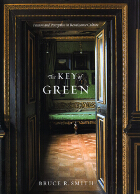
Contending that color is a matter of both sensation and emotion, Bruce R. Smith examines Renaissance material culture—including tapestries, clothing, and stonework, among others—as well as music, theater, philosophy, and nature through the lens of sense perception and aesthetic pleasure. At the same time, Smith offers a highly sophisticated meditation on the nature of consciousness, perception, and emotion that will resonate with students and scholars of the early modern period and beyond. Like the key to a map, The Key of Green provides a guide for looking, listening, reading, and thinking that restores the aesthetic considerations to criticism that have been missing for too long.
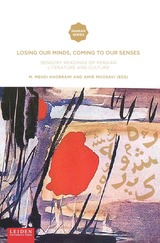
We experience art with our whole bodies, yet traditional approaches to Persian literature overemphasize the mind—the political, allegorical, or didactic—and ignore the feelings that uniquely characterize aesthetics. Losing Our Minds, Coming to Our Senses rediscovers the sensuality of Persian art across period, genre, and artist. Through readings of such well-known writers as Rumi and lesser-known artists as Hossein Abkenar, the authors demonstrate the significance of sensoria to the rich history of Persian letters.
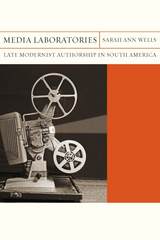
Media Laboratories explores a pivotal time for South American literature of the 1930s and ’40s. Cinema, radio, and the typewriter, once seen as promising catalysts for new kinds of writing, began to be challenged by authors, workers, and the public. What happens when media no longer seem novel and potentially democratic but rather consolidated and dominant? Moving among authors from Brazil, Argentina, and Uruguay, and among the genres of fiction, the essay, popular journalism, and experimental little magazines, Sarah Ann Wells shows how writers on the periphery of global modernity were fashioning alternative approaches to these media. Analyzing authors such as Clarice Lispector, Jorge Luis Borges, and Felisberto Hernández, along with their lesser-known contemporaries, Media Laboratories casts a wide net: from spectators of Hollywood and Soviet montage films, to inventors of imaginary media, to proletarian typists who embodied the machine-human encounters of the period. The text navigates contemporary scholarly and popular debates about the relationship of literature to technological innovation, media archaeology, sound studies, populism, and global modernisms. Ultimately, Wells underscores a question that remains relevant: what possibilities emerge when the enthusiasm for new media has been replaced by anxiety over their potentially pernicious effects in a globalizing, yet vastly unequal, world?
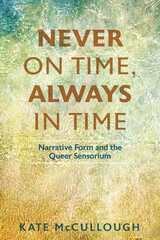
READERS
Browse our collection.
PUBLISHERS
See BiblioVault's publisher services.
STUDENT SERVICES
Files for college accessibility offices.
UChicago Accessibility Resources
home | accessibility | search | about | contact us
BiblioVault ® 2001 - 2025
The University of Chicago Press









